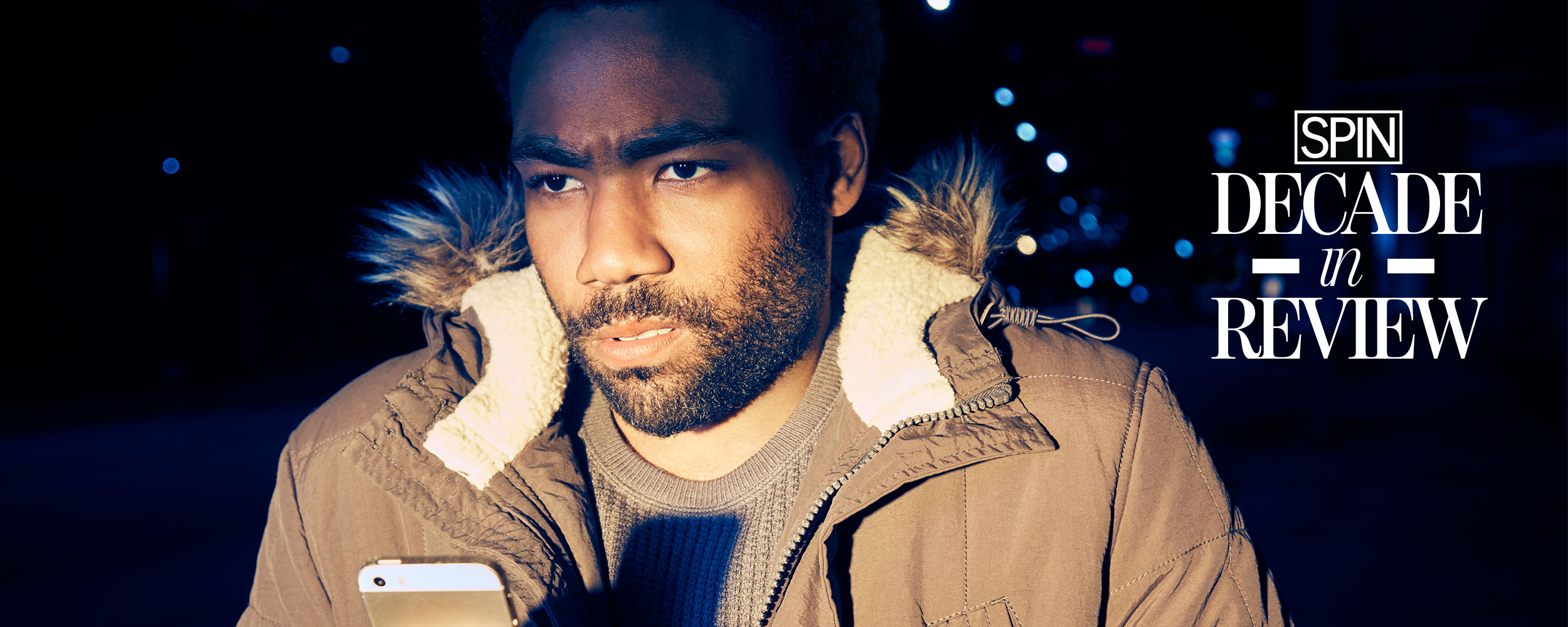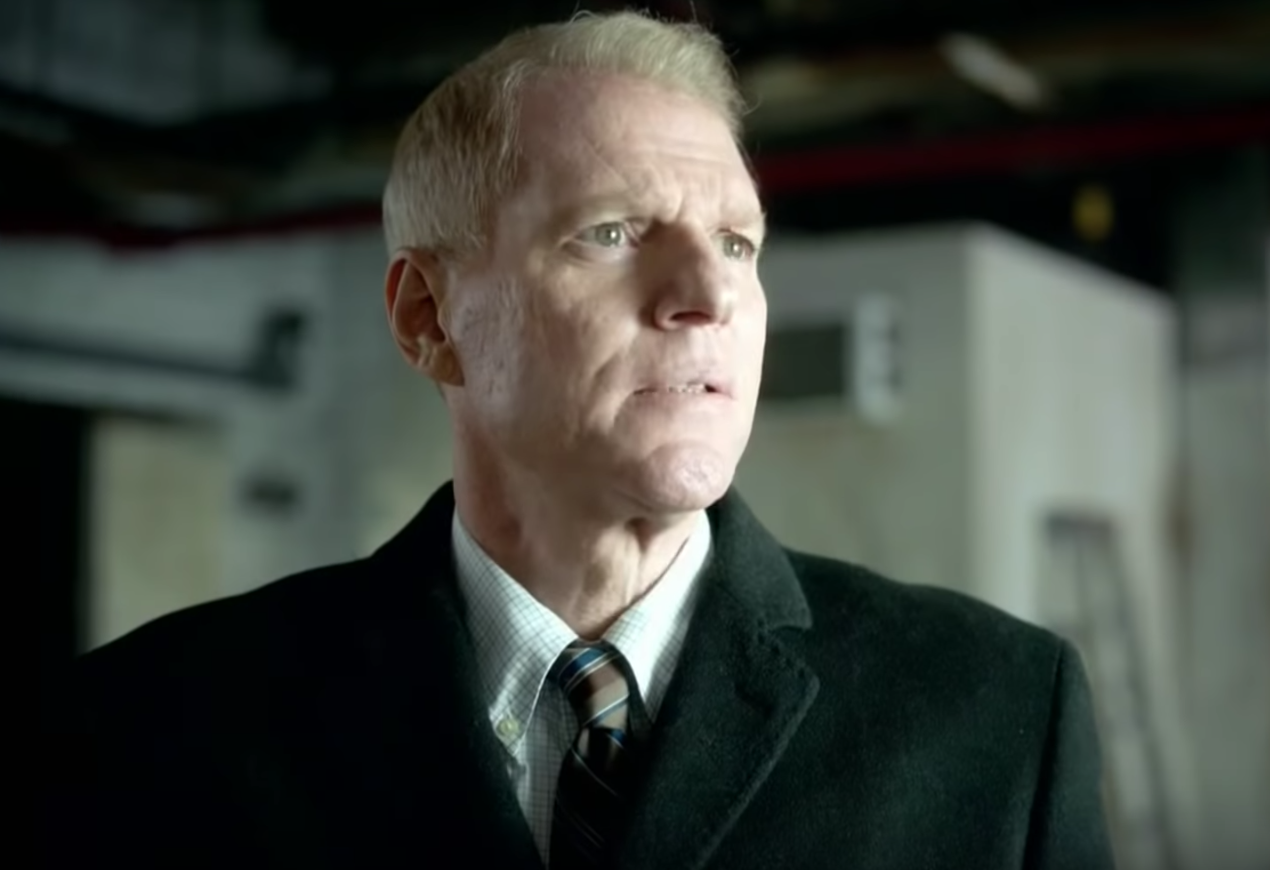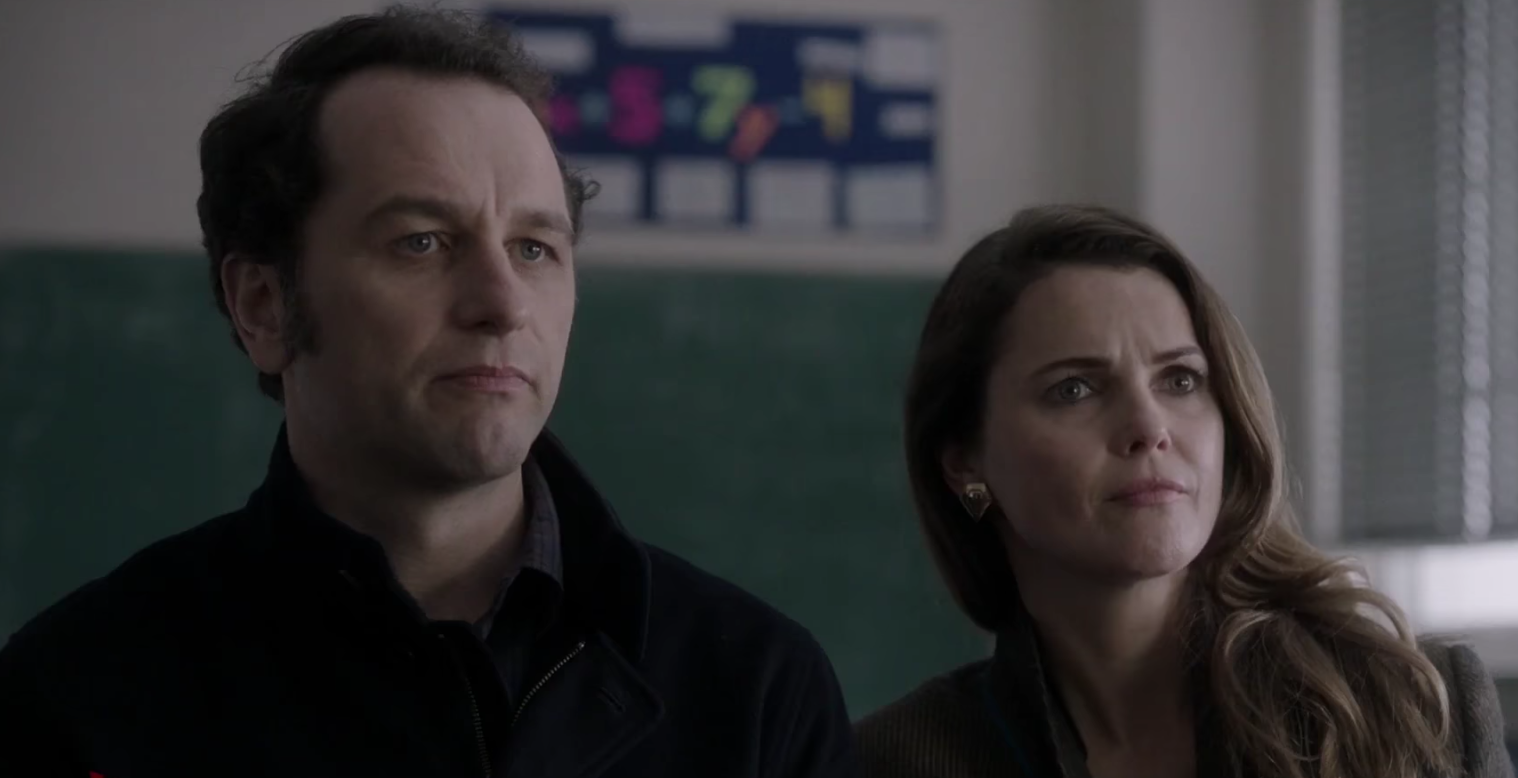Warning: Extreme spoilers about the series finale of The Americans lie ahead.
Watching the graceful and heart-wrenching hour-and-a-half-long finale of The Americans felt a bit like watching a beloved and reliable employee who worked at your company for many decades get honored at their retirement party. Fond memories fill one’s head. You think sadly of what life will be like without your pleasant daily stop-and-chat. You worry you took them for granted too often, despite the fact that they were, invariably, gracious and accommodating to you. They always asked about how your commute went, and your family, and sometimes you didn’t ask them back. If you’re a person who has been a faithful viewer of the FX series through its six-season tenure, it seems impossible that the show’s fundamental humility isn’t a large part of what attracted you to it—what kept you watching for all those slow-burning hours.
Joe Weisberg and Joel Fields’s show began as an unassuming hour-long thriller with a playful period-piece element and a kind of hard-to-credit conceit. Could a couple of “illegal” KGB officers really go unnoticed in the D.C. metropolitan area simply by virtue of good accents, cute kids, never sleeping, and a truly wild wig game? Apparently, a lot of the subject matter was true, though, and The Americans ended up as one of the finest character-driven dramas in the history of modern prestige TV—a show as tastefully and surprisingly plotted as one could reasonably ask for. Ultimately, it earned its six-season runtime and knew when it was starting to tread water and thus, when it should cut and run. Its creators left an almost egregious amount until the last season to wrap up, and it ended up being its best.
Few richly acclaimed, long-running television dramas have ever managed to prolong resolving the main source of tension set up in the pilot until the series’s final moments. We knew who killed Laura Palmer with plenty more of Twin Peaks yet to come. Skyler White figured out what was going on with her husband well enough ahead of his dive off the complete deep end, and so on and so forth. Americans viewers have been fantasizing about the moment when Stan (Noah Emmerich) would find out Philip and Elizabeth Jennings’ (Matthew Rhys, Keri Russell) true identity since he pored over their garage in the show’s first episode. At times, the authentically loving relationship between Stan and the Jennings—especially Stan and Philip, or Stan and Henry (Keidrich Sellati)—made us forget who the two parties were to each other, outside of fellow human beings and friends. As the show continued to build its reputation of avoiding the easy or expected way through a conflict (Pastor Tim and Martha both keeping their lives, most powerfully), it sometimes felt as if Weisberg and Fields might be audacious enough to never give Stan the privilege and debilitating pain of knowing the truth.

Also Read
30 Great TV Shows That Defined the 2010s
When the moment finally came last night, it stuck that perfect balance of gut-wrenching emotional intensity and evocative anti-climax that The Americans does so well–that is essential to the show’s singular identity. The showdown was positioned much more early in the episode than expected, and felt jarringly, even frighteningly sudden: Before we knew it, Stan is staring through his binoculars at the truth of the matter, too angry for even the classic Emmerich mouth-twitching tic. Before anyone can catch their breath, Philip was telling his friend everything he had never explicitly stated throughout all of the show’s 72 previous episodes. Implicitly, it’s always been clear that Philip loves Stan. Implicitly, it’s clear that Philip views his life as categorically “shitty,” and that his wife and daughter, standing by, understand that as well, because theirs have been too. If there’s anyone the three complicit Jennings should admit that to, it’s the person they loved and hurt the most, with the idea of having had a choice in the matter always having been a foregone conclusion.
This sad farewell is somehow funny, too: Stan’s FCC-flouting “you fucking piece of shit” is the most logical and hilariously human reaction to that untenable situation, an incredible rush for both the character and the sympathetic audience. In the borderline-pathetic awkwardness of the Jennings’ admission, there is a sick kind of humor: What would one even say in that situation? Their banal phone call to Henry elicited nervous laughter from me too. Of course, though, the moment was dominated by the heartbreaking thought that Henry, who has been traumatically underserved and deceived by his withdrawn parents for his entire life, believes that they would only be inspired to tell him how they feel about him if they were drunk.
The last act of the episode passes like a dream. Their trip “home” to Russia moves with a stately pacing recalling an art film from that country, sometimes complete with a suitably Eastern European soundtrack. Paige’s (Holly Taylor) Irish exit from her parents’ lives is almost too understated and operatic to permit any kind virulent reaction, whether a gasp or a hearty “you go girl” of sorts. When it happens, it feels as if it was always inevitable, like a natural process taking his course–less like a death and more like a season changing. So, too, does the Jennings’ return home. At the beginning of their life, they were trained to understand duty as a concept unmoored from a feeling of distinct purpose, and unhappiness as something so inevitable that its opposite increasingly felt impossible to quantify. Therefore, it’s surprisingly easy to believe that Mischa-Philip and Nadezhda-Elizabeth could return to a place they neither truly love, or really remember that well, and view the transition as just another phase in their lives beginning.
 Will their new life in the U.S.S.R. feel like anything more than another assignment? Do they feel doomed or broken, or are they actually relieved to finally have a reprieve from a life based on constant deception? In true Americans style, the answer to these questions are left lying somewhere behind the eyes of Rhys and Russell, two unconscionably virtuosic performers who have come to embody these characters on a deep level rarely seen in even the finest TV acting performances. The cryptic and highly charged power of their performances has carried fans through The Americans’ tenure even at points when the drama seemed to lose its way for a while. Season 4 and 5 waxed and waned, and were definitively challenging to lock in with at times. But there was never a moment where one didn’t wonder how far either Philip and Elizabeth were from a crack-up or change of heart.
Will their new life in the U.S.S.R. feel like anything more than another assignment? Do they feel doomed or broken, or are they actually relieved to finally have a reprieve from a life based on constant deception? In true Americans style, the answer to these questions are left lying somewhere behind the eyes of Rhys and Russell, two unconscionably virtuosic performers who have come to embody these characters on a deep level rarely seen in even the finest TV acting performances. The cryptic and highly charged power of their performances has carried fans through The Americans’ tenure even at points when the drama seemed to lose its way for a while. Season 4 and 5 waxed and waned, and were definitively challenging to lock in with at times. But there was never a moment where one didn’t wonder how far either Philip and Elizabeth were from a crack-up or change of heart.
There has been so much more than this to The Americans. Still, the finale felt like an apt microcosm for all the big things the series did best. The Americans was much more rigorous and thoughtful about the direction of its characters than so many of its peers in the prestige TV era. The plot, skillfully rendered as it was, felt led by its leads’ inherent instincts and internal crises. Weisberg and Fields—unlike, say, Matt Weiner in the later seasons of Mad Men—did not let plot bullet points he wanted to Tetris in lead his characters around by the nose. The showrunners avoided resorting to snap-to-attention moments based in shock value. They eschewed high-falutin’ bottle episode diversions, and avoided straying outside of the show’s relatively contained setting (it pulled back from the Russia plotlines when the time was ripe for extinguishment). It never thought of itself as important enough to overturn its general spy-thriller genre thrust. Last night, the humblest and most dignified drama on cable television came in for a slow, almost serene landing. After a bit of reflection, it feels like there was no better way they could have handled it.




